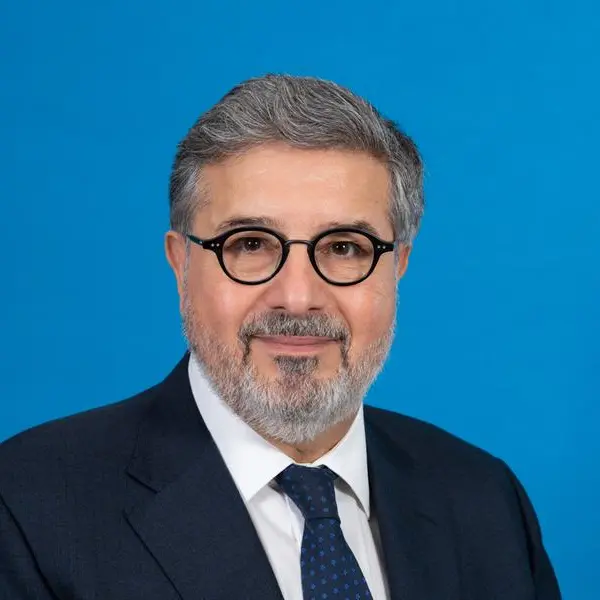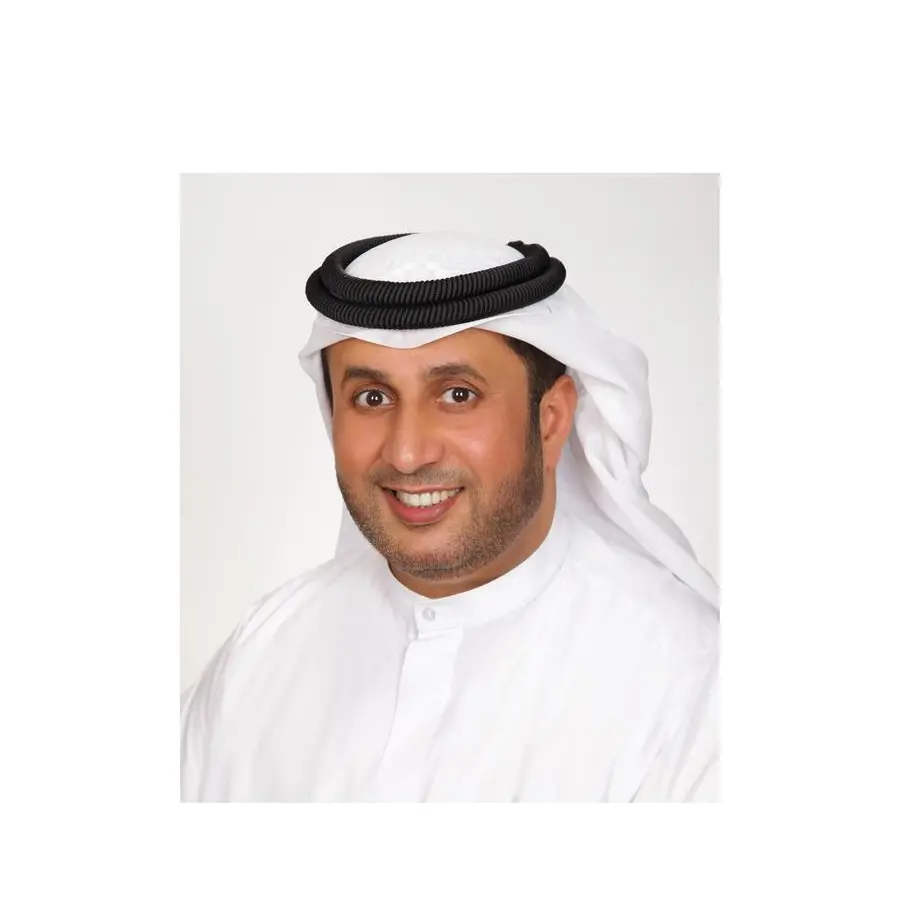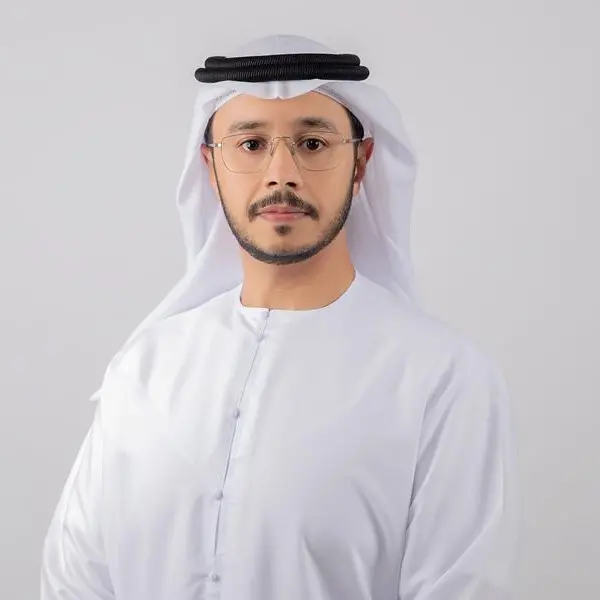PHOTO
Abu Dhabi, UAE: – The Ministry of Finance, in collaboration with the World Bank Group’s Multilateral Investment Guarantee Agency (MIGA), held two workshops at the headquarters of the Chambers of Commerce in Dubai and Abu Dhabi. Organized as part of the Ministry’s efforts to enhance the business environment in the UAE, the workshops gathered government officials, and businessmen and investors from the UAE private sector.
MIGA presented its comprehensive suite of financial products and services, including the insurance solutions and guarantees it provides to enhance credit for businessmen and lenders to facilitate business set-up in emerging economies. It also addressed concerns regarding value and investment products, and the optimal capital obtained from financial institutions at the lowest possible cost. The workshop included a session titled ‘Applications of innovative products: Commercial financing products and the latest renewable energy solutions’.
His Excellency Younis Haji Al Khoori, Undersecretary of the Ministry of Finance, expressed his gratitude for MIGA’s efforts in raising awareness on opportunities to establish businesses in countries with emerging economies. He highlighted their key role in supporting the expansion of the UAE private sector abroad by introducing opportunities and providing access to studies and information on types of guarantees against losses resulting from non-commercial risks to encourage businessmen to enter countries with emerging economies, and learning about new market opportunities, such as high-risk or low-income countries. He also commended MIGA’s efforts to support small businesses, promote comprehensive and sustainable economic development, enable millions to access the internet, create thousands of job opportunities, and achieve a significant reduction in carbon emissions through the projects it assisted.
His Excellency also thanked Abu Dhabi Chamber of Commerce and Industry and Dubai Chamber of Commerce for hosting the workshops. He said: “Chambers of Commerce play pivotal roles in empowering businesses, promoting trade, facilitating expansion, and contributing to economic growth. The collaboration with MIGA will pave the way for a long-term and fruitful partnership, especially when considering the crucial role that the chambers play in supporting expansion abroad from the UAE.”
Ethiopis Tafara, Vice President, Chief Risk, Legal and Sustainability Officer and Partnerships for the World Bank Group’s MIGA, said: “The workshops in Abu Dhabi and Dubai helped us collate a better understanding of the private sector’s needs and how to facilitate its efforts to enter emerging markets. We are keen to cooperate with, and provide guarantees to, the private sector in the UAE, which has become a major contributor to countries of the South where businessmen are productively establishing themselves. We always aim to support sustainable development initiatives in our partner countries.”
His Excellency Ahmed Khalifa Al Qubaisi, CEO of the Abu Dhabi Chamber of Commerce and Industry, said: “The workshop plays a pivotal role in advancing the business community as well as the investment and economic landscape of Abu Dhabi, thus promoting the growth of businesses, particularly Emirati companies that are looking to invest in emerging markets.”
“Hosting the ‘MIGA Promoting FDI’ workshop reflects the importance of investing in developing countries, which contributes to strengthening economic relations and supporting economic growth on a local and international level. The workshop comes as part of the Chamber’s commitment to support the members of the business community, raise their market awareness, and inform them about the opportunities and tools for advancing businesses and the potential challenges that they might face.”
“This step comes in line with the Emirate’s efforts to promote investment in emerging markets. As such, the investments of the Abu Dhabi Fund for Development totalled more than AED189 billion by the end of December 2022 benefitting 104 countries, according to its annual report 2022. This demonstrates the country’s forward-looking vision, which establishes its position as a role model for supporting comprehensive development,” His Excellency added.
Mohammad Ali Rashed Lootah, President and CEO of Dubai Chambers, commented: “Dubai Chambers is committed to supporting the local business community and strengthening strategic partnerships between the public and private sectors. I would like to thank the Ministry of Finance and MIGA for arranging this workshop, which enables us to share knowledge and work together to achieve our common goals. In doing so, we are not only enhancing Dubai’s dynamic business environment, but also contributing to the future prosperity of communities in emerging markets around the world.”
Case studies
In the two workshops, MIGA shared case studies of its projects in the Middle East and North Africa and Sub-Saharan Africa, including local national energy grids and off-grid renewable energy projects. It also discussed projects in new operational facilities in industries that rely on agricultural raw materials, water infrastructure, communications, and hotels and tourism, in countries such as Senegal, the Democratic Republic of the Congo, Liberia, Iraq, Egypt, Jordan, and Ethiopia.
A discussion then took place about the key opportunities and challenges facing the development of businesses’ goals for the next five years in the energy, communications, roads, water, and financial and banking sectors. The conversation continued to discuss the opportunities in emerging markets, and the importance of formulating business decisions based on what was previously discussed, as well as the main risks and restrictions faced while developing or operating projects.
This was followed by a chat on the solutions that MIGA provides to mitigate the risks of private investment in emerging markets, the best risk mitigation methods, along with a comparison between those methods in different regions of the world. The dialogue also addressed the importance of fair distribution of risks and benefits between governments and businessmen, and lessons from public-private partnerships, in addition to climate action financing.
-Ends-
About the Ministry of Finance
The Ministry of Finance of the United Arab Emirates was established as a sovereign ministry under Federal Decree No. (2) of 1971 to assume responsibility for implementing all financial policies related to economic development in the country, foremost of which is preparing and allocating the federal budget, managing the government’s financial situation, and providing services to the government and business sectors, as well as individuals. His Highness Sheikh Maktoum bin Mohammed bin Rashid Al Maktoum, Deputy Ruler of Dubai, Deputy Prime Minister, serves as Minister of Finance, heading the UAE’s economic and financial interests. His Excellency Mohamed bin Hadi Al Hussaini, Minister of State for Financial Affairs, aims to achieve the Ministry’s strategic objectives.
The Ministry of Finance operates in accordance with a realistic yet ambitious strategic plan to perform its tasks and services in line with international best practices. The Ministry strives to achieve six key strategic goals, namely, enhancing financial planning in the Federal Government and the sustainability of public finances; raising the efficiency and effectiveness of budget execution, while managing the Federal Government’s financial position and cash flows; overseeing the UAE’s financial and economic interests at the international level; boosting the country’s competitiveness in financial and economic fields; providing all administrative services in accordance with the highest standards of quality, efficiency, and transparency; and finally, promoting a culture of innovation in the corporate work environment.
The Ministry includes five main sectors: the government budget and revenue sector, tax legislation sector, government financial management sector, international financial relations sector, and support services sector. It also includes the Federal Debt Management Office, General Budget Committee, Government Financial Policy Coordination Council, and the Financial Restructuring Committee.
For more information, please contact:
Tasnim Hijazi
APCO Worldwide
E: thijazi@apcoworldwide.com


















